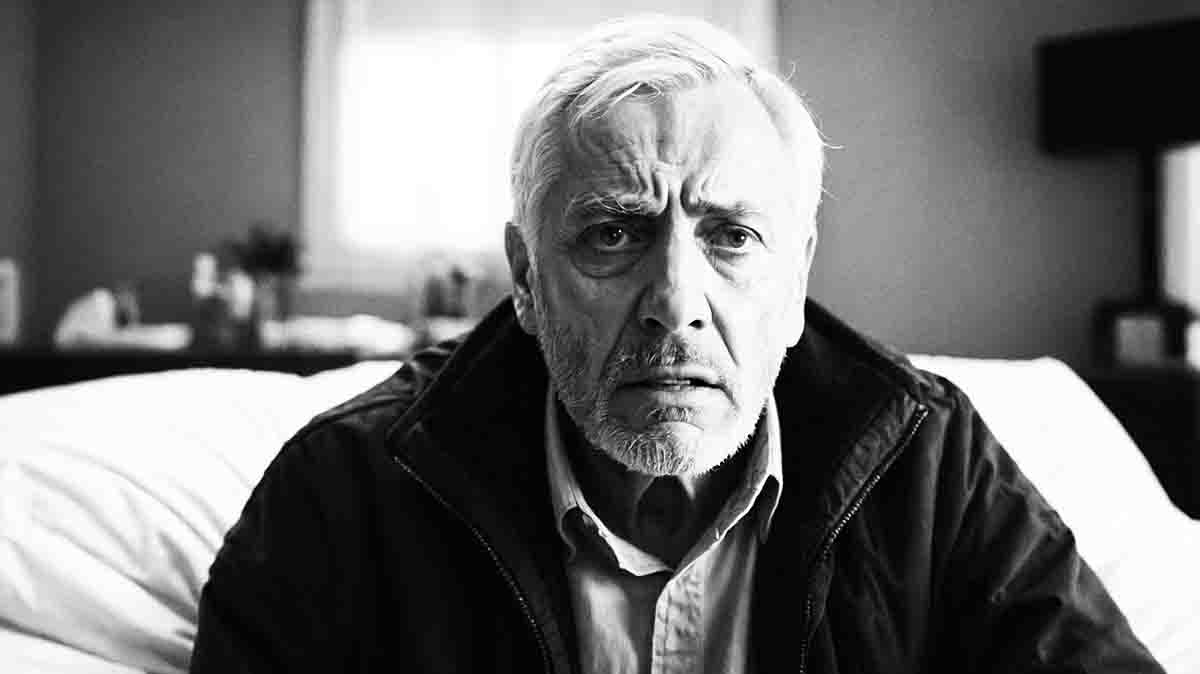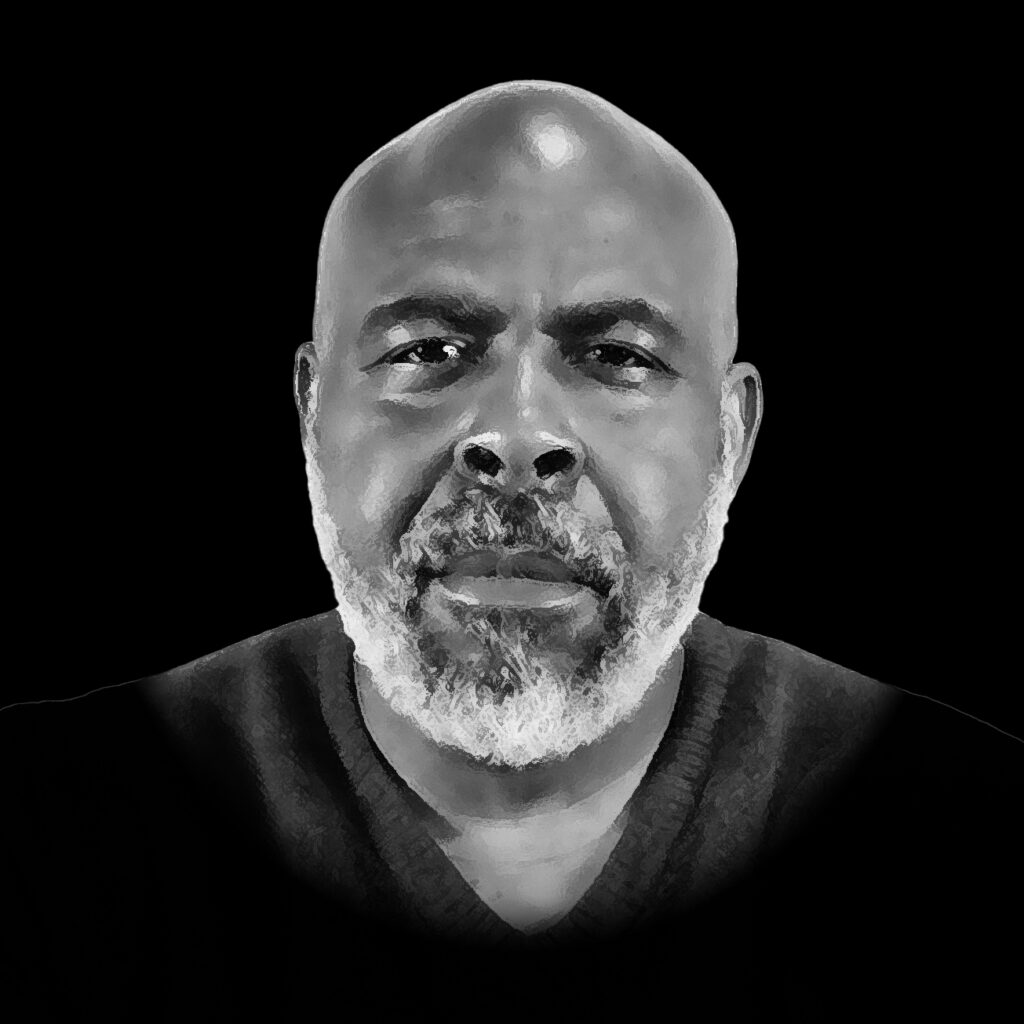The fear of ill health can be one of the most crippling fears to deal with. It can shape how we live our daily lives, the decisions we make, and how we view the future. But how deep does this fear really run, and what can we do to mitigate its impact? In his iconic book, Think and Grow Rich, Napoleon Hill delves into the psychological underpinnings of the fear of ill health and its effects on our lives. Let’s explore this topic and uncover the broader implications of how this fear can influence our health, behavior, and overall mindset.
What Is the Fear of Ill Health?
On the surface, the fear of ill health is straightforward: it’s the fear of becoming sick and suffering physical or mental pain. This fear is natural to some extent, especially when we think about what could happen if we were to become incapacitated, unable to care for ourselves, or even unable to work. The question arises: if you were to become sick, how would you cope? Would you be able to get the help you need, or would your condition spiral due to neglect or even exploitation? These are valid concerns, but as Hill points out, this fear goes much deeper than these surface-level worries.
The fear of ill health is intricately tied to our subconscious mind, where irrational fears are planted and left unchecked. According to Hill, people often fear something but then act in ways that bring those fears to fruition. In many cases, individuals do not prepare for the worst-case scenario or simply avoid confronting the fear altogether, allowing it to take over their lives. This is where the concept of a “self-fulfilling prophecy” comes into play. We fear something, yet we unknowingly bring it about through our thoughts and actions.
How the Fear of Ill Health is Rooted in Heredity and Society
Hill traces the fear of ill health to both physical and social heredity. From a physical standpoint, our health can be influenced by genetics, with certain diseases running in families. But there is also a social dimension to this fear. Our perceptions of health are often shaped by society — the images we see in the media, the narratives of illness that are passed down through generations, and even the health industries that profit from our fears.
Much of the fear surrounding illness, according to Hill, is linked to a deeper existential concern: death. The fear of becoming ill often means we’re inching closer to our own mortality. And because we don’t truly know what happens after death, we’re left to fear the unknown. These discomforting thoughts are often amplified by stories we’ve been told, stories without proof, but enough to make us feel anxious about what lies ahead.
The Role of Health-Peddlers and Their Influence on Our Fears
Another significant contributor to the fear of ill health is the health industry itself. Hill mentions the unethical practices of people who profit from selling health-related products. From miracle cures to quick-fix pills, the market is flooded with products that prey on our fears of illness. These products often promise simple, effortless solutions to our health woes. This approach is highly appealing to many because it offers a quick escape from the hard work of maintaining good health. But as Hill points out, while these products may offer temporary relief, they often fail to address the root cause of our concerns — the fear itself.
It’s easy to become entangled in these promises, and in doing so, we may fail to take the necessary steps to actually protect our health, such as maintaining a healthy lifestyle, regular exercise, and balanced nutrition.
Respecting Health Versus Fearing It
While it is important to respect and take care of our health, there is a critical difference between being cautious and living in fear. The problem with fear is that it paralyzes us, preventing us from making rational decisions and taking proactive steps to protect our well-being. Fear directs our energy toward negative outcomes, and over time, this negativity can manifest in ways that harm us physically, mentally, and emotionally.
Think about it: if we are constantly fearful of illness, we may inadvertently manifest illness by focusing on it. Our thoughts create our reality. As Earl Nightingale famously said, “We become what we think about most of the time.” If we’re consumed by thoughts of sickness, we’re more likely to manifest symptoms, whether real or imagined.
Recognizing the Symptoms of the Fear of Ill Health
How can we identify when the fear of ill health is affecting our lives? Hill outlines six key symptoms of this fear, which can help us recognize whether it’s influencing our own behavior or the behavior of others:
- Auto-Suggestion – Constantly imagining symptoms or worrying about getting sick can make these thoughts a reality. This self-suggestion reinforces the fear, potentially leading to actual illness.
- Hypochondria – This is an extreme form of the fear of illness, where individuals obsess over their health to the point of having a mental breakdown, convinced they are seriously ill.
- Not Exercising – Fear of injury or illness can lead some to avoid exercise, which ironically makes them more susceptible to illness. This irrational behavior often comes from a place of fear rather than logic.
- Susceptibility – This symptom refers to a weakened immune system due to fear and stress, which makes the body more vulnerable to disease. Constant worry can break down the body’s natural resistance, making it easier for illness to take hold.
- Self-Coddling – People who are constantly seeking sympathy or care, even when they don’t truly need it, are often manifesting this fear. They may want attention or validation for their perceived vulnerabilities.
- Intemperance – This involves excess, often in the form of abusing substances such as alcohol or drugs. Overindulgence can weaken one’s physical and mental state, contributing to the fear of ill health.
Overcoming the Fear of Ill Health
So, how do we overcome this paralyzing fear? The first step is awareness. By recognizing when the fear of ill health is influencing your thoughts and behaviors, you can begin to take control. Start by shifting your focus from fear to proactive health management. Engage in regular exercise, eat nourishing foods, and practice mindfulness to reduce stress.
Most importantly, remember that fear itself is often the biggest obstacle to good health. By changing your mindset and focusing on positive, empowering thoughts, you can begin to break the cycle of fear and take the steps necessary to protect your health.
As Hill suggests, “Man is mind.” What we think about most is what we create in our lives. So, let’s choose to focus on health, vitality, and the actions that will lead us to a better quality of life — rather than feeding the fear of illness that holds us back.



Leave a Reply to Understanding the Six Ghosts of Fear: Insights from Napoleon Hill’s Think and Grow Rich – I Am Sherman Rivers Cancel reply